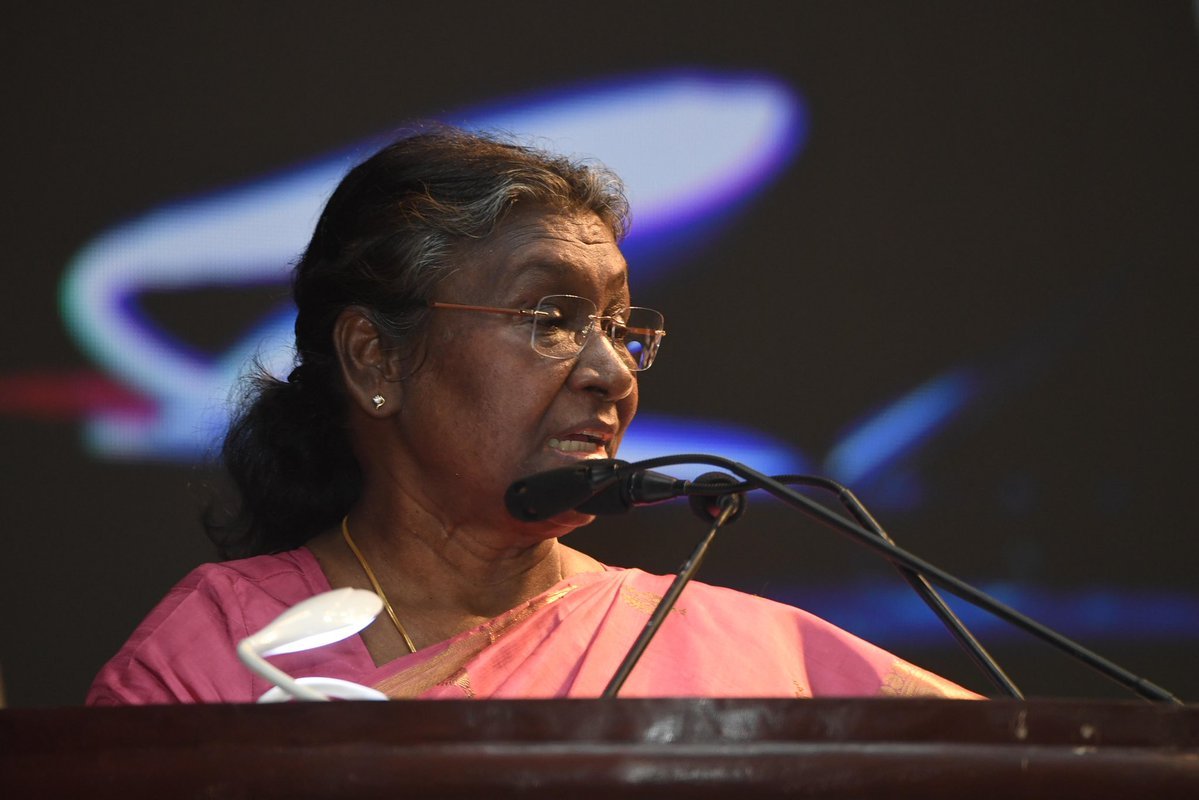Rice cornerstone of food security in India: President Murmu
President of India inaugurates the 2nd Indian Rice Congress at Cuttack
Rice is the cornerstone of food security in India and also a key factor for our economy said Droupadi Murmu, President of India. She was speaking on the occasion of the inauguration of the 2nd Indian Rice Congress at ICAR-National Rice Research Institute.
The President said that though India is the leading consumer and exporter of rice today, the situation was different when the nation became free. In those days, we depended on imports to meet our food requirements, and the nation often lived what was called a ship-to-mouth existence. If the nation could overcome that dependency and become the largest exporter, a lot of credit goes to the National Rice Research Institute. The institute has contributed immensely to India’s food security and also to improving farmers’ lives.
The President said that in the last century, as irrigation facilities expanded, rice came to be grown in new places and found new consumers. The paddy crop requires high amounts of water but many parts of the world are facing severe water shortages due to climate change. Droughts, floods and cyclones are now more frequent, making rice cultivation more vulnerable. She said that even as rice has broken new ground, there are places where traditional varieties are facing challenges. Thus, the task before us today is to find the middle path: preserving and conserving traditional varieties on one hand, and maintaining ecological balance on the other. Another challenge is to save the soil from excessive use of chemical fertilizers, which are considered necessary for modern rice cultivation. We need to reduce our dependence on such fertilizers in order to keep our soil healthy. She expressed confidence that scientists are at work to devise eco-friendly rice production systems.
President of India inaugurates the 2nd Indian





